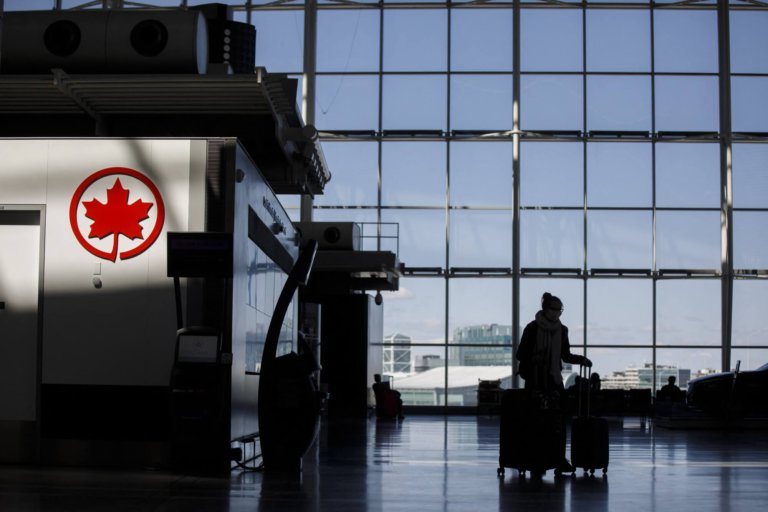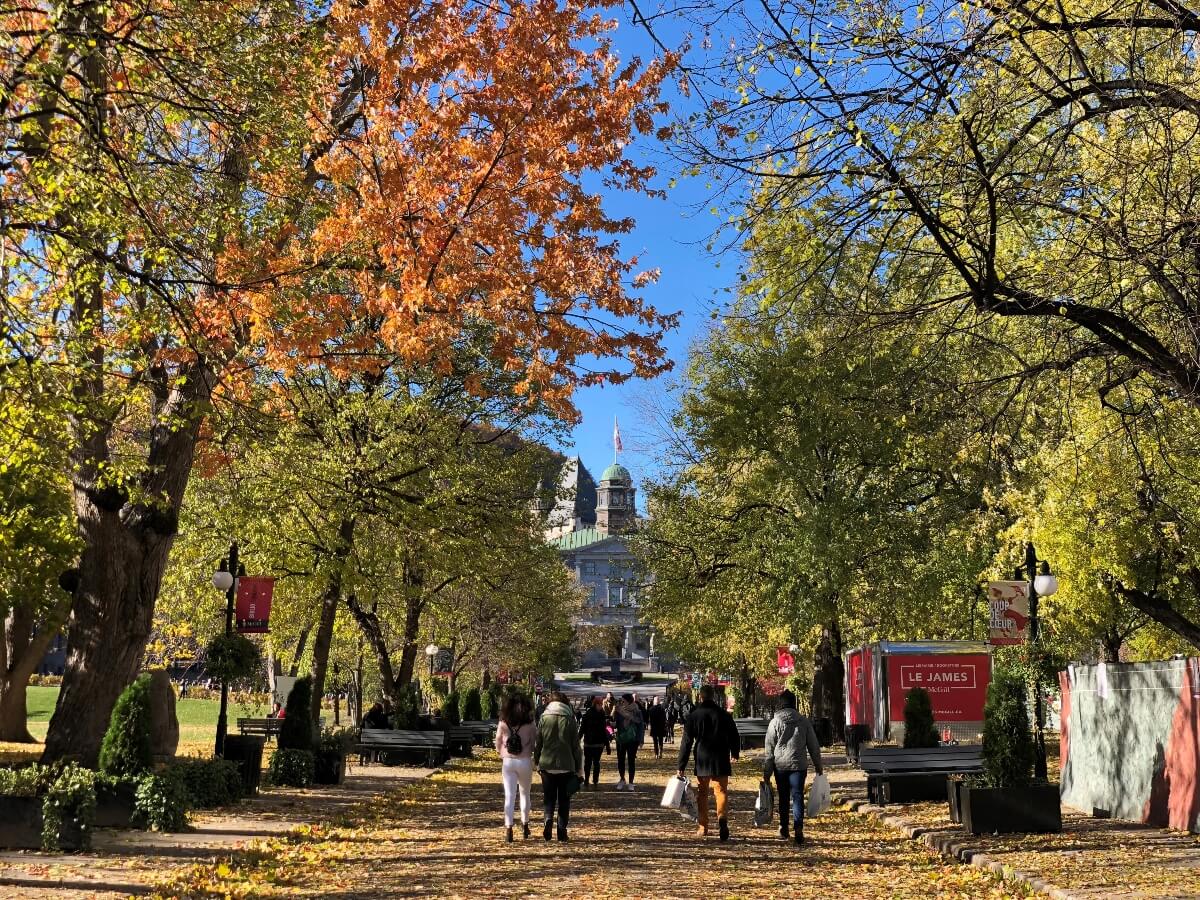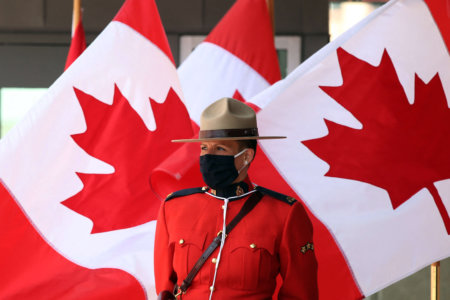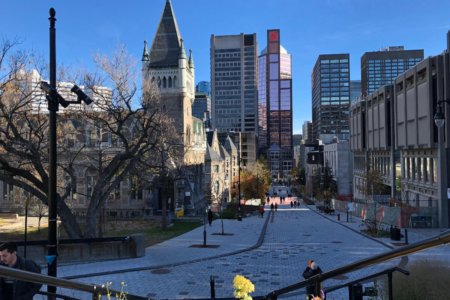
Canada has kept its borders open to international students during the pandemic, but the emergence of a new COVID-19 variant, Omicron, that WHO has dubbed as a variant of concern, has led many countries to swiftly shut its borders to international travellers. So, what do international students in Canada need to know about the situation in the Great White North?
International students in Canada: What we know so far
International students in Canada should take note that Omicron has been detected in British Columbia, Alberta, Ontario and Quebec, according to CTV News.
Countries such as the US, UK, EU, Canada, among others, have imposed travel bans against students and travellers from several African countries, in response to the Omicron variant first discovered in South Africa by scientists.
Canada has already recorded several Omicron cases. As of November 30, six cases of the Omicron have been confirmed in the country. The country has since banned travel into the country from several African nations, including South Africa, Nigeria and Egypt.
Canada announced that foreign nationals who have been in any of these countries within the previous 14 days will not be permitted entry into Canada:
- Botswana
- Egypt
- Eswatini
- Lesotho
- Malawi
- Mozambique
- Namibia
- Nigeria
- South Africa
- Zimbabwe

International students from several African countries including Nigeria, Egypt and Malawi will not be able to return to Canada for now. Source: Daniel Slim/AFP
International students in Canada: Air arrivals must quarantine
The government announced that unvaccinated travellers, with right of entry to Canada, will continue to be tested on arrival and day eight and quarantine for 14 days. However, incoming air travellers will now be required to stay in a designated quarantine facility or other suitable location while they await the result of their on-arrival test.
“The Government of Canada will continue to assess the evolving situation, monitor case data, and adjust border measures as required,” said the government. “The Government of Canada is working collaboratively with its provincial and territorial counterparts. While the impact of all variants continues to be monitored in Canada, vaccination in combination with public health and individual measures, is working to reduce the spread of COVID-19 and its variants.”











